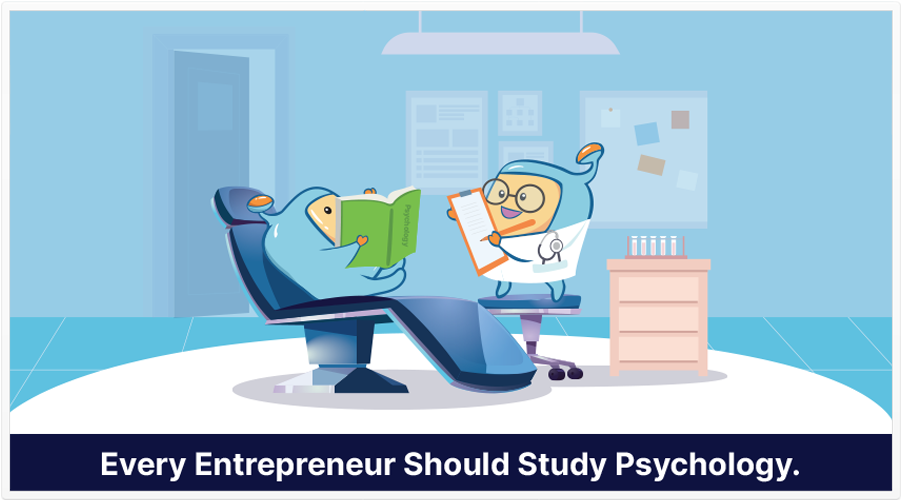
An August 25th, 2021 article on Forbes.com, titled, Here’s Why Every Entrepreneur Should Study Psychology, has reiterated something that sales and marketing professionals have known for years: consumer psychology is key.
The article featured Ryan Hornby, who’s a serial entrepreneur. The article opens by trying to establish the importance of psychology. Part of the article was an interview by Shama Hyder.
One of the points made in the interview is that emotions drive our decisions. Yes, there is a rational side to the human psyche, but we, as marketers, have to see both. I’ve heard it said that people buy on emotion and rationalize with logic.
A sub-point made was that, in their advertising, some companies don’t focus as much on the details of their product as much as they do on eliciting an emotion. (It sort of reminds me of something I heard about Nike: they don’t overtly advertise their products, but rather focus on the more emotive ideal of an athlete attempting something great.)
Maslow’s Hierarchy of Needs
When asked how early-stage entrepreneurs can use psychology, part of Hornby’s response included Maslow’s Hierarchy of Needs. If you haven’t heard of Maslow’s theory, do give it a bit of study. It’s been a largely accepted paradigm for explaining some human behaviors. Of course, like all behavioral frameworks, it does have its limitations, but it is worth a look, as it can give you an understanding of what your prospect may be trying to do. They may have an unspoken need that they may not even be aware of.
Starting Is the Hardest Part
When asked what advice he had for people wanting to become serial entrepreneurs,
Hornby said that the first step is the hardest part. Other pieces of advice involved having a business plan, finding a mentor, and getting others to help you in your pursuit.
My Commentary on This Subject
While Fortune 500 corporations may have an appreciation for consumer psychology, I really wonder how many of us solopreneurs actually consider it.
I know that psychology may be hard to directly measure. It’s not quite as concrete as…say…the number of clicks on an ad or a conversion rate.
That said, if you’re willing to invest the time, then with some of the tools available today, you can measure some variables that are indicative of the psychology of your visitors. For example, I wrote a news item about a peculiar question: what are users doing before they convert?
SEO (Specifically, Keyword Research) and Consumer Psychology
Behind every Google search query, there’s an intent. That is, each time someone types a search query into a search engine, there’s something that they want–not just information, but they’re in a certain state of mind and, ultimately, want to attain a certain state of being (sort of analogous to Maslow’s Hierarchy).
You Can Actually “Create” or Influence Positive User Psychology
When it comes to our pursuits of consumer psychology, we often think that psychology is what our users project toward us. That is, we’re trying to discover their psychology.
And while that’s very valid, I want to propose that we can do things, as webmasters, to help create a positive user psychology. In fact, that’s what Google’s aptly-named Page Experience update is about: Google is encouraging website owners to take technical efforts to help users have a good experience (psychology).
Source: Forbes.com